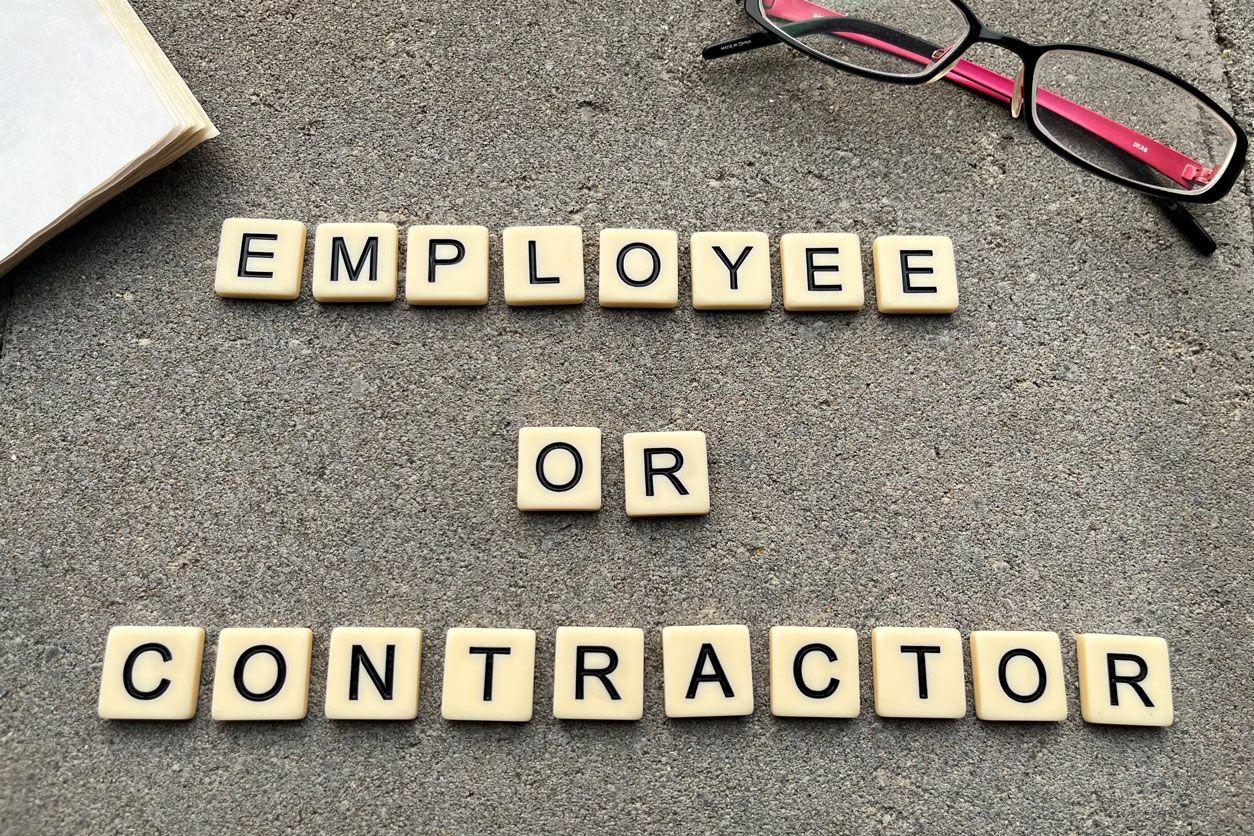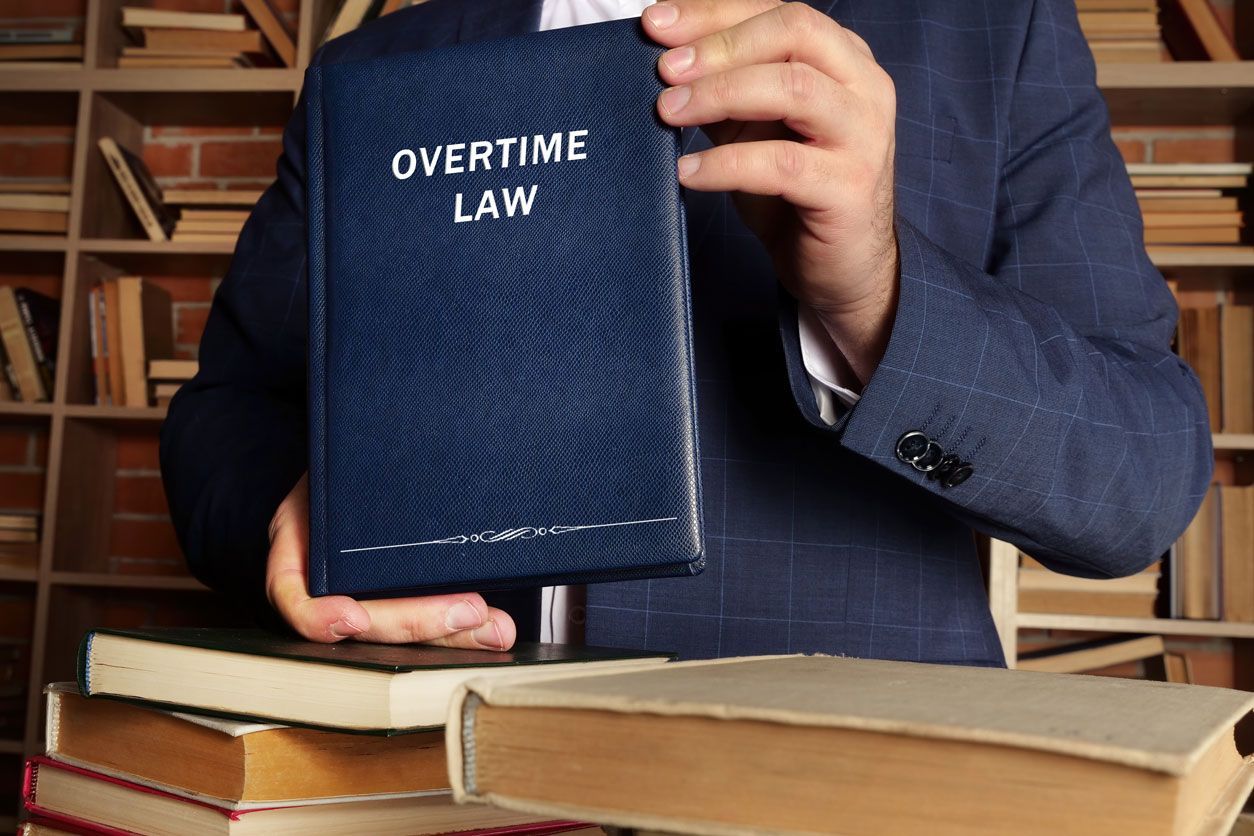What is the California Labor Board and What Does it Do?
The California Labor Board, officially known as the California Division of Labor Standards Enforcement (DLSE), is a state agency responsible for enforcing
labor laws and
wage standards in California. It ensures that employers comply with state labor laws, investigates complaints related to workplace issues, and resolves disputes between employers and employees. The DLSE plays a crucial role in upholding
workers' rights and promoting fair labor practices across various industries in the state.
How is Filing a Case With a Lawyer Different?
Hiring an experienced labor lawyer means having a knowledgeable advocate in your corner who can navigate the intricacies of California labor regulations on your behalf, offering tailored advice and strategies specific to your case. A labor lawyer acts as your advocate throughout the process, providing legal guidance, negotiating on your behalf, and ensuring that your rights are protected. This individualized approach can lead to more effective communication and negotiation, increasing the likelihood of a favorable outcome for your situation.
Filing a case directly with the DLSE involves a more standardized process. While you can still present your case, you may lack the legal expertise and strategic advocacy skills that a lawyer brings to the table. Navigating the labor board's procedures on your own can be tricky without a deep understanding of California’s employment laws and regulations.
Labor lawyers possess specialized knowledge in employment and labor law, enabling them to effectively navigate the complexities of California’s labor laws and regulations. Their expertise ensures that your case is overseen with precision and that your rights are effectively protected.
Additionally, having a labor lawyer serves as a powerful advocacy tool. Your lawyer becomes a resolute representative, voicing your concerns and protecting your rights in negotiations and hearings. Their role is not just to provide legal expertise, but also strategic advocacy to secure the best possible outcome for your situation. Whether it's negotiating with your employer or engaging with the DLSE, a lawyer brings a strong and informed voice to the table.
Moreover, labor lawyers provide invaluable assistance in evaluating the merits of your case. They can offer a comprehensive assessment, outlining the strengths and weaknesses of your situation. This evaluation becomes the foundation for a tailored legal strategy, enhancing your chances of a favorable resolution. From documentation to negotiation skills, and legal advice to guiding you through potential appeals, a labor lawyer can be a valuable asset to have on your side and ensure your rights are effectively protected.
Conclusion
If you’re thinking of filing a complaint with the California Labor Board, it is in your best interest to speak to an attorney first before deciding whether or not it makes sense to hire legal representation or file a claim directly.
Contact LFECR today and speak to an experienced employment attorney.
If you or someone you know is seeking support, our experienced labor rights lawyers at Lawyers for Employee and Consumer Rights are here to guide you toward a resolution that upholds your rights and dignity.
Call
844-956-0491
today for a free and confidential consultation to get the help you need and deserve.
Frequently Asked Questions
1. When is the California Labor Board the right option for my claim?
The Labor Board may be appropriate for straightforward claims such as unpaid wages, missed meal or rest breaks, or unpaid overtime where the facts are relatively simple and damages are limited. These cases often involve clear violations that can be resolved through the DLSE’s administrative process.
2. When should I consult a California labor lawyer instead of filing with the Labor Board?
You should consider consulting a labor lawyer when your case involves discrimination, harassment, retaliation, wrongful termination, misclassification, or significant financial damages. These claims often require legal strategy, evidence development, and court litigation that go beyond the Labor Board’s authority.
3. Can I have both a Labor Board case and a lawsuit at the same time?
In some situations, pursuing both may be possible, but it depends on the type of claim and applicable deadlines. Certain filings may limit or affect your ability to pursue a civil lawsuit later. A California labor lawyer can help determine the best strategy before you file anything.
4. Does the Labor Board handle discrimination or harassment claims?
No. Claims involving discrimination, harassment, or retaliation are generally handled by the California Civil Rights Department (CRD) or through civil lawsuits. These cases typically require the assistance of an experienced employment attorney.
5. Will hiring a California labor lawyer increase my potential recovery?
In many cases, yes. A labor lawyer can pursue a broader range of damages, including emotional distress, punitive damages, and attorney’s fees. These are remedies that may not be available through the Labor Board process alone.
6. Is it more expensive to hire a labor lawyer than to file with the Labor Board?
Many California employment lawyers work on a contingency fee basis, meaning you pay no upfront costs and attorney’s fees are only owed if you recover compensation. In contrast, filing with the Labor Board may limit the types of compensation you can recover.
7. Should I speak to a lawyer before filing any workplace complaint in California?
Yes. Speaking with a California labor lawyer before filing can help you avoid procedural mistakes, missed deadlines, or strategic decisions that could limit your legal options. Early legal advice ensures your rights are fully protected from the start.






